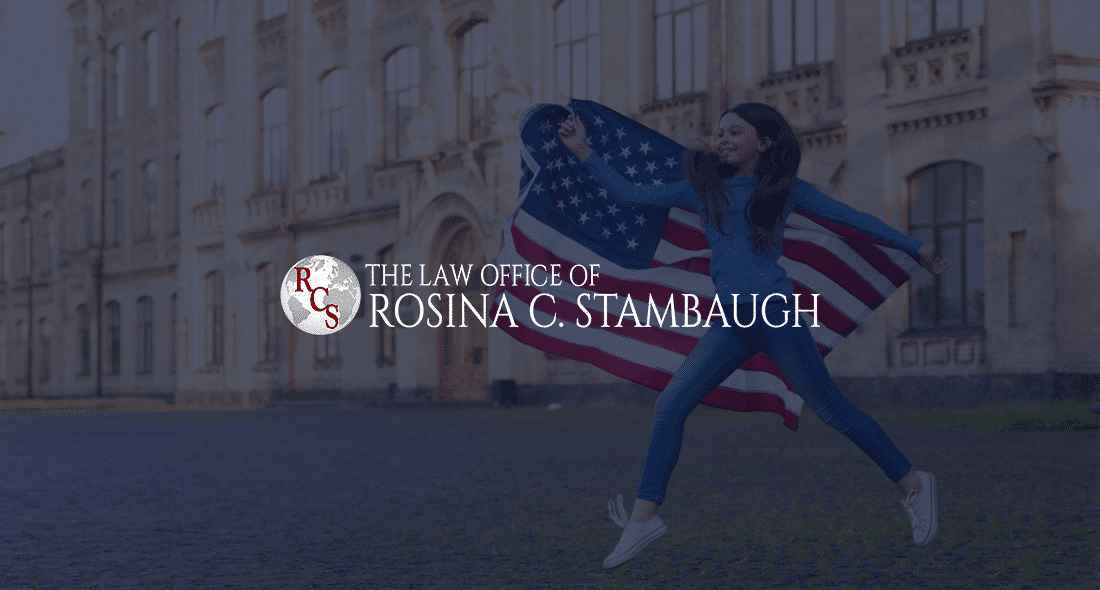When it comes to deciding how to maintain our borders while simultaneously keeping a good reputation with allied countries, the Department of Homeland Security (DHS) and the United States Citizenship and Immigration Services (USCIS) have a delicate job to balance. In an effort to improve our nation’s immigration policies and encourage occupational specialists, such as engineers and doctors of note, to come to our country to begin new careers, the DHS and USCIS have made some recent changes to employment-based visa processing. If you are in the country due to a specialized work visa, some of these alterations may have affected you.
Employment-Based Visas Affected
There are subtle changes that numerous employment-based visas, and even some investor visas. E-1 and E-2 treaty trader visas are among those affected, as well as E-3 visas but only for those that pertain directly to a specialist employee from Australia. All three forms of EB visas (1, 2, and 3) should experience slight modifications due to the changes, which went into effect on January 17th, 2017. H-1B visas may be affected by the policy changes alongside H1B1 visas held by nationals from Singapore or Chile. Lastly, L-1A and L-1B intracompany transfer positions, for executives and specialists respectively, are noted in the DHS and USCIS notes.
What Changed?
Throughout the years, agents and employees of the DHS and USCIS, as well as immigration lawyers representing clients filing petitions, have used legal “shortcuts” and helpful practices to make the process of applying for a visa all the easier. The DHS and USCIS have stated that the subtle changes that were made in January were simply to make these useful habits into actual regulations. That is to say that certain filing procedures and processes that were widely seen as beneficial are now mandatory. This should help expedite how cases are handled, as well as universalize case management.
Due to the executive order “travel ban” being put into legal limbo after blockages from superior courts, it is unclear how these recent changes will be affected. If the travel ban is brought back through a United States Supreme Court ruling, some of the changes made could be reverted.
Specialists Enjoy More Freedom of Employment
Specific rule changes implemented by the DHS and USCIS should make finding the right professional career easier for foreign specialists staying within the U.S. due to a visa. If a specialist is not satisfied with his or her job and quits, a longer-than-before grace period is granted before removal procedures begin; this gives a specialist more time to find employment within his or her specialized field without having to worry about deportation.
Also, a specialist hired into a certain position at a company does not need to necessarily stay within that position to stay in the country. The alterations brought some leniency to the occupational definitions to which specialists must adhere. Effectively, a foreign specialist can seek promotions and position changes without so much fear of being removed for violating a work visa.
Talk to The Law Office of Rosina C. Stambaugh and our York immigration attorney if you need to file a petition or application but don’t know where to start. We can also help you with deportation defense, naturalization, nonimmigrant visas, and much more. Contact our law office today and learn how we can help you discover your own American Dream through our immigration law services.




